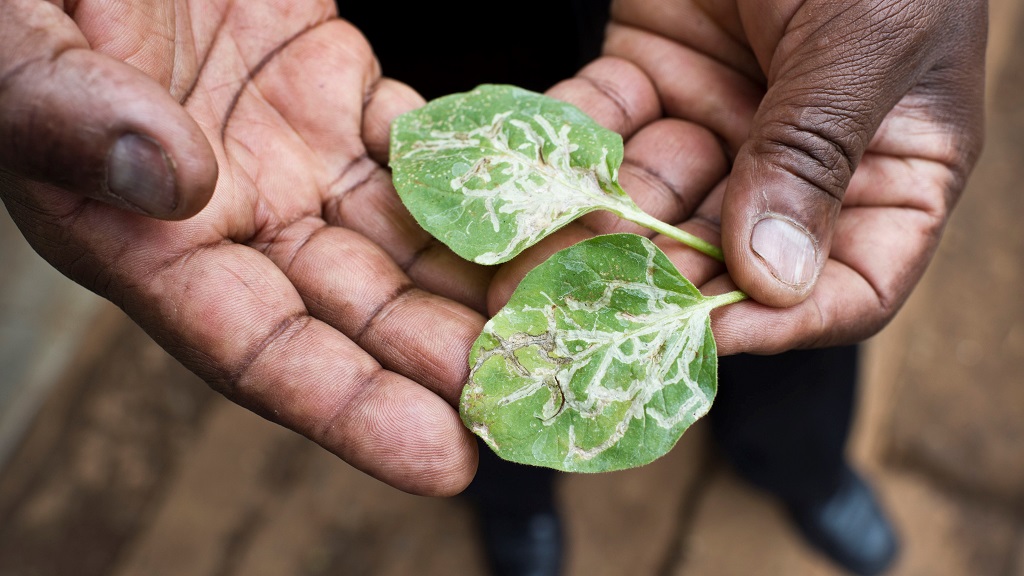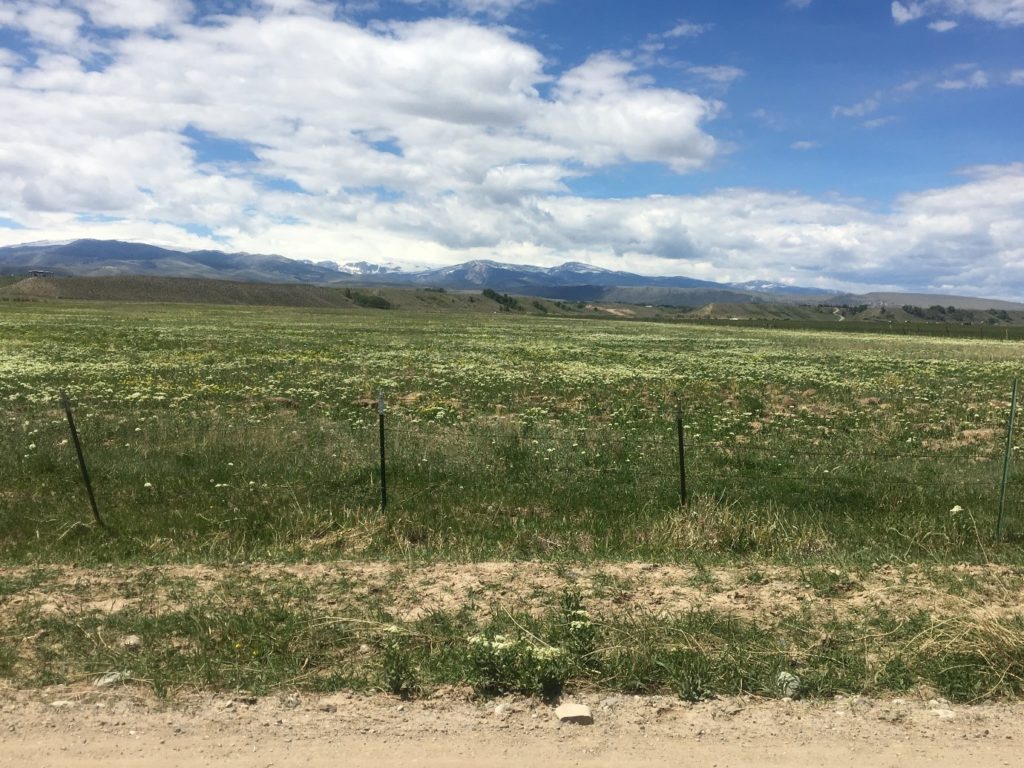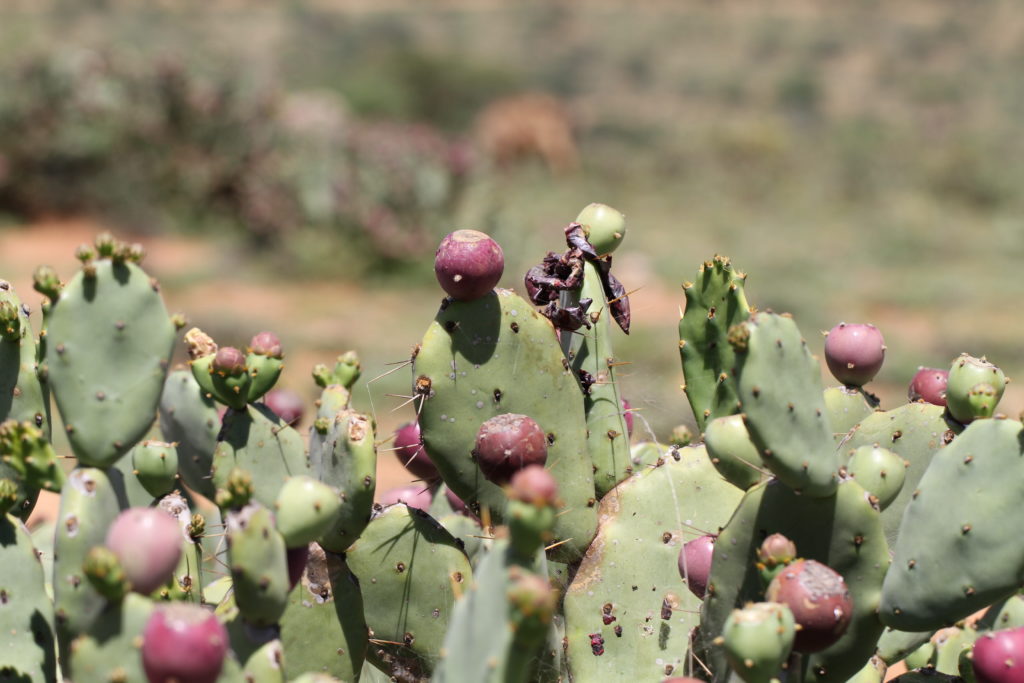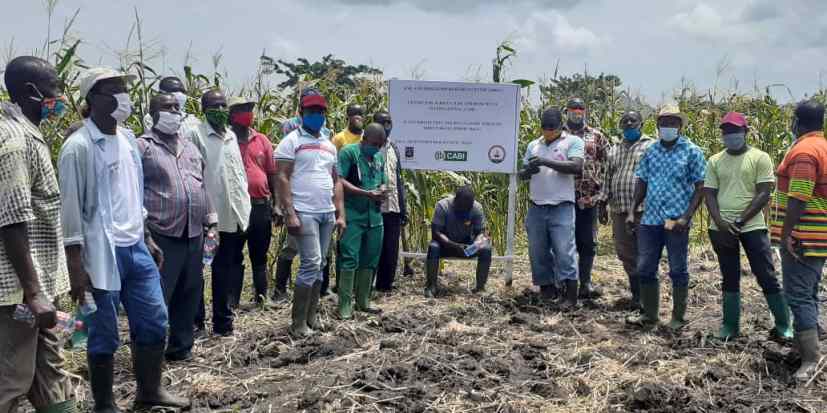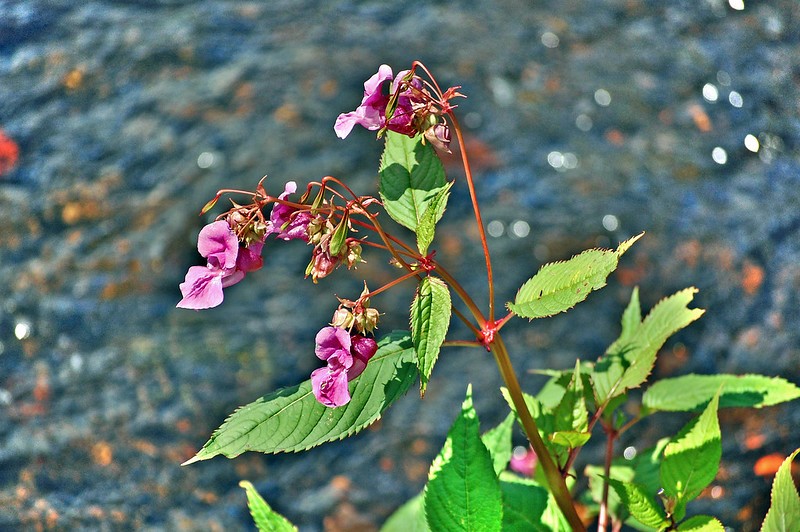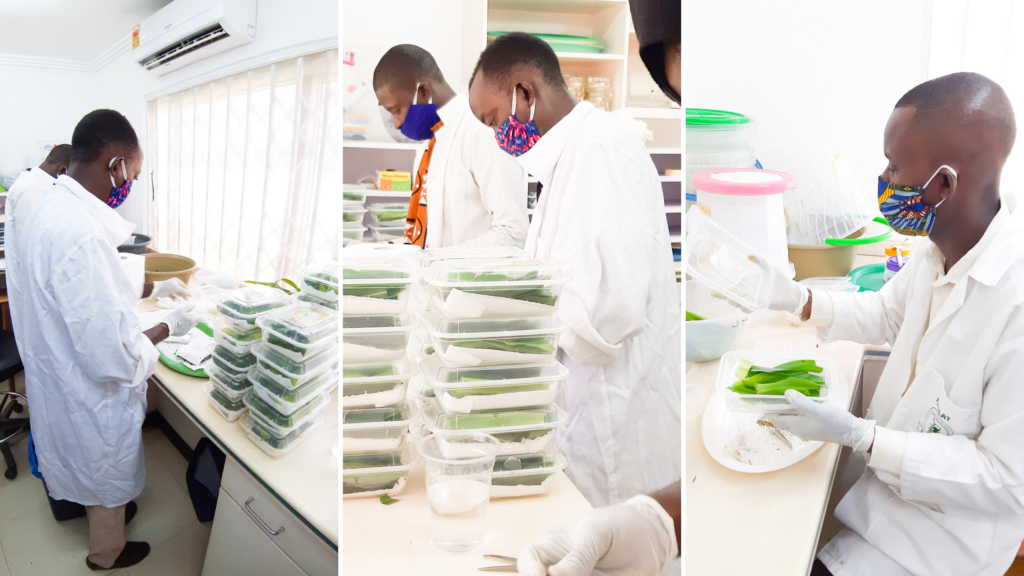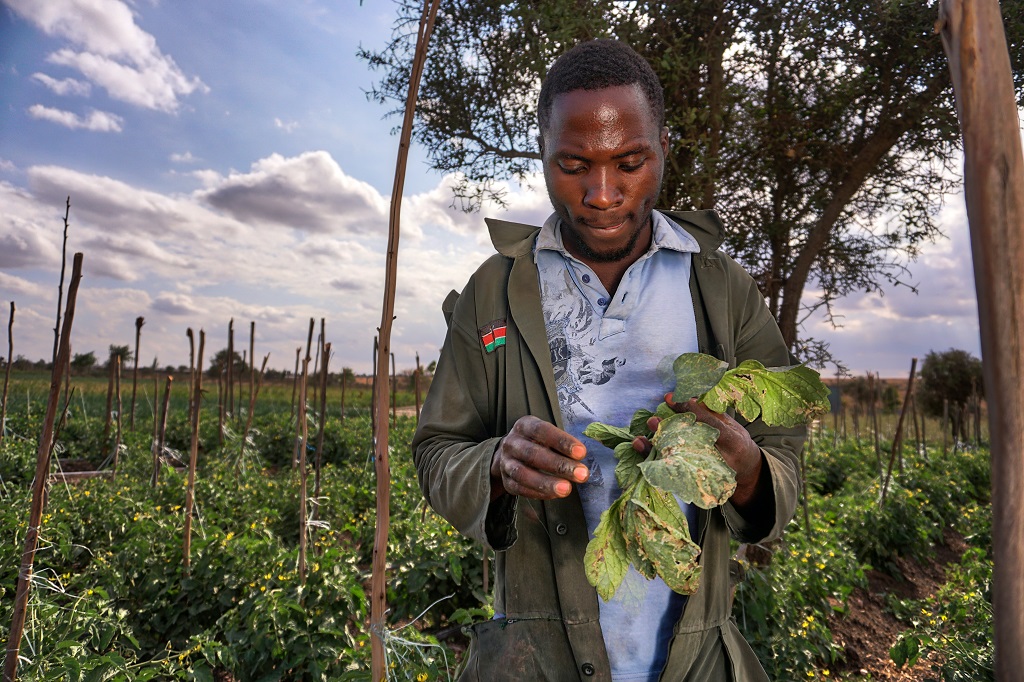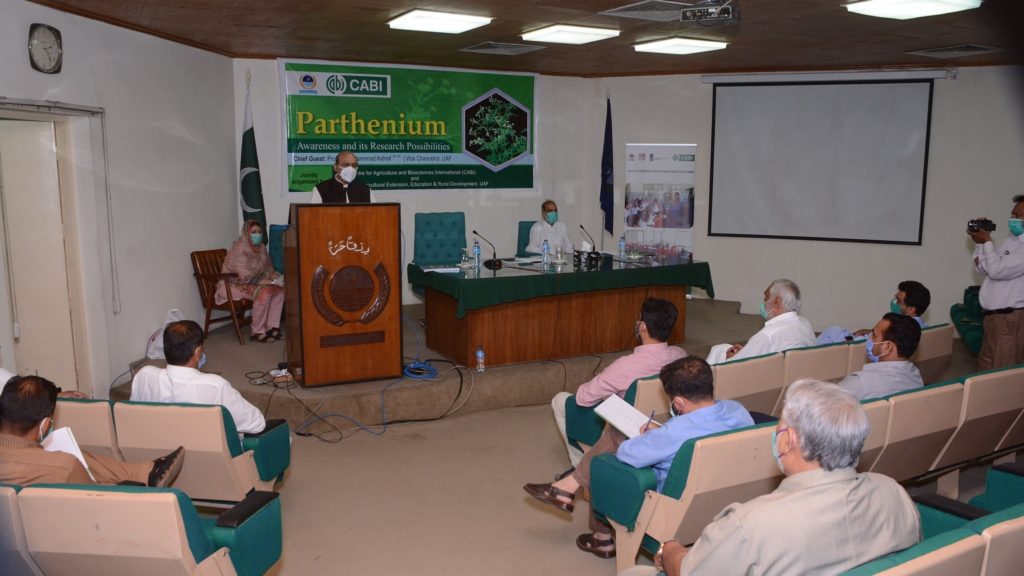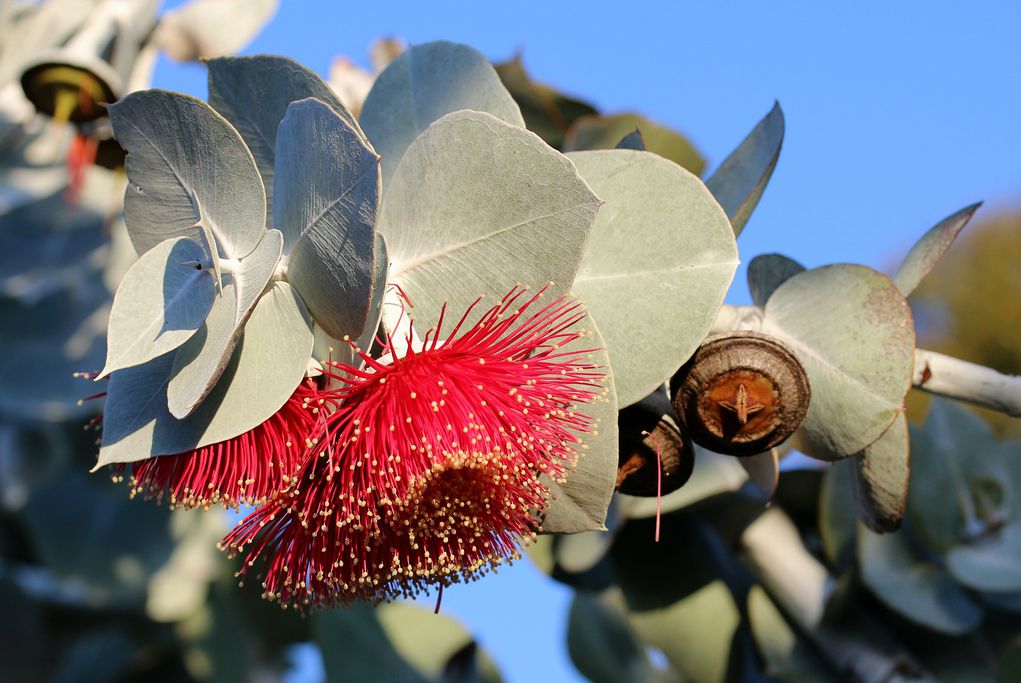New paper calls for scientific diplomacy in plant health
Co-authored by leading plant health community representatives a newly-published paper calls for an international research collaboration in the fight against plant pests and diseases. The paper, published in Nature Plants, brought together 28 institutions, including CABI, and analyses new perspectives and challenges on global phytosanitary research coordination; particularly as human trade and movement continues to…
Study brief explores outcomes and lessons learnt from fall armyworm management plan in Ghana
A team of CABI and Plant Protection and Regulatory Services Directorate (PPRSD) scientists have shared their expertise on invasive species and development communications and extension to publish a new CABI Study Brief looking at the outcomes and lessons learnt from the implementation of a fall armyworm management plan in Ghana.
Invasive Species Compendium use grows in 2020
In the first half of 2020, CABI’s Invasive Species Compendium (ISC) had over 1.5 million visits, around double the number for the same period in 2019. How much of this is down to the demand for high quality content and improvements that have been made to the site, and how much is down to people…
CABI refurbishes MoFA laboratory for biological control of invasive species in Ghana
Through its global Action on Invasives (AoI) programme, CABI has refurbished a laboratory housed by the Plant Protection and Regulatory Services Directorate of Ghana’s Ministry of Food and Agriculture (MoFA-PPRSD). The lab supports research efforts aimed at discovering and promoting locally practicable biological control solutions for managing invasive species in Ghana. The refurbishment consisted of…

